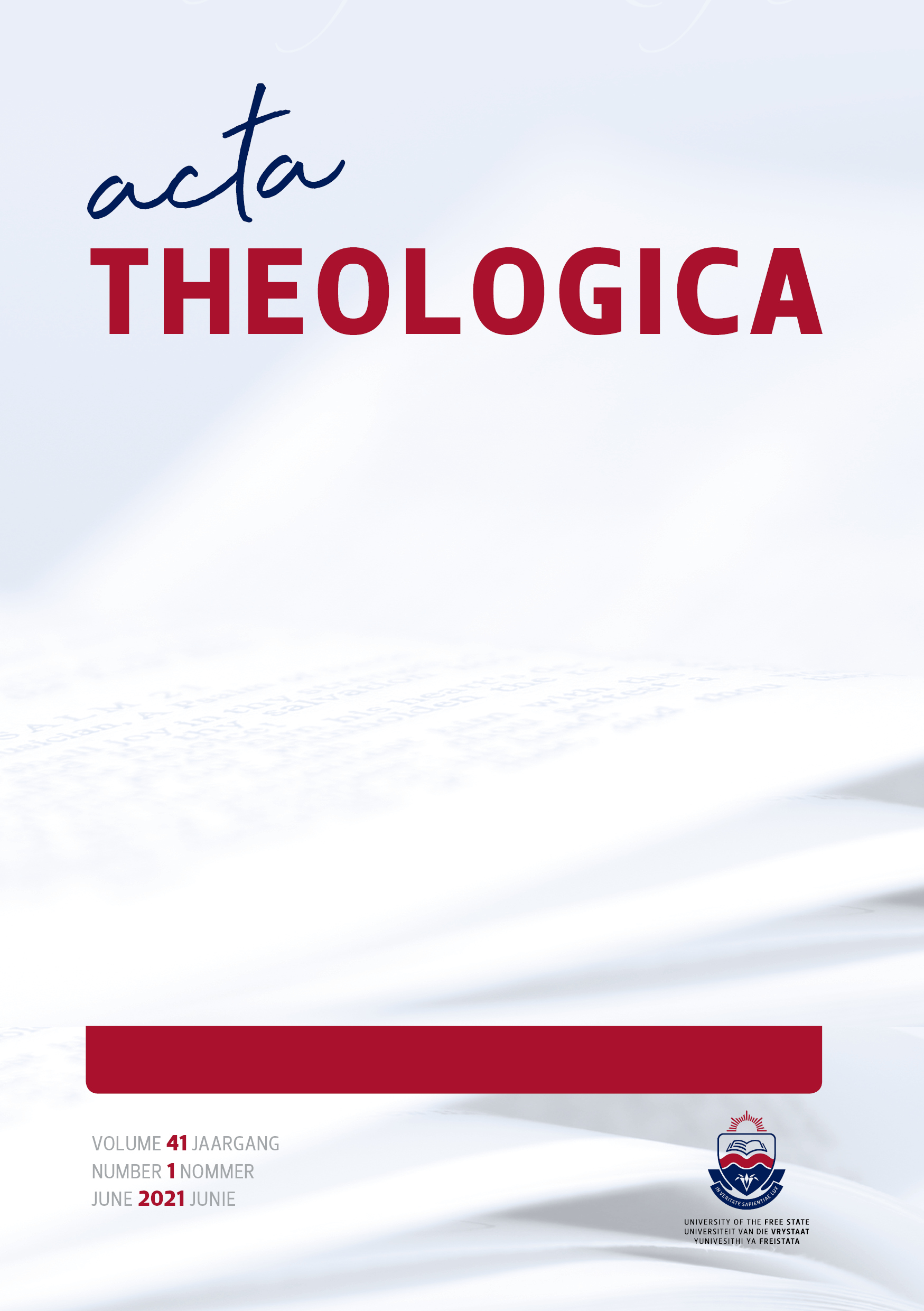CHRISTIAN SELF-FORMATION: AN AUGUSTINIAN CONTRIBUTION
DOI:
https://doi.org/10.38140/at.v41i1.5450Keywords:
Self-formation, Trinity, Desire, MemoryAbstract
Augustine’s dense and probing thought about the imprint of the Trinitarian God upon human persons in De Trinitate (AD 399-422/426) provides an alternative spirituality of the self to that of a more individualistic Western liberal search for self-fulfilment through self-discovery. By referring to the Trinitarian images in De Trinitate and recurring to Augustine’s self-searching mode in the Confessiones (AD 397-401), his quest may be said to inspire a mode of Christian self-formation that, sub specie humanitatis, rejects the “discovery” of one’s “true self” – the sense that one really does possess a stable authentic core self, and that one can find it by following some process of interior self-scrutiny. Rather, for Augustine, it appears that to be human is to pursue the quest of self-knowing in a relational formation that opens into the life of the being who called one into existence. Consequently, the search for God (Confessiones) and for the Trinitarian imprints of God (De Trinitate) appear to raise the more serious questions that inform and shape Christian self-formation: Can one “know oneself”? What does it mean to be founded by a Trinitarian God? How does one know which goods to choose in order to construct a holy life? How would one construe a “Trinitarian life” for oneself?
Downloads
##submission.downloads##
Published
How to Cite
Issue
Section
License
Copyright (c) 2021 Author

This work is licensed under a Creative Commons Attribution 4.0 International License.








